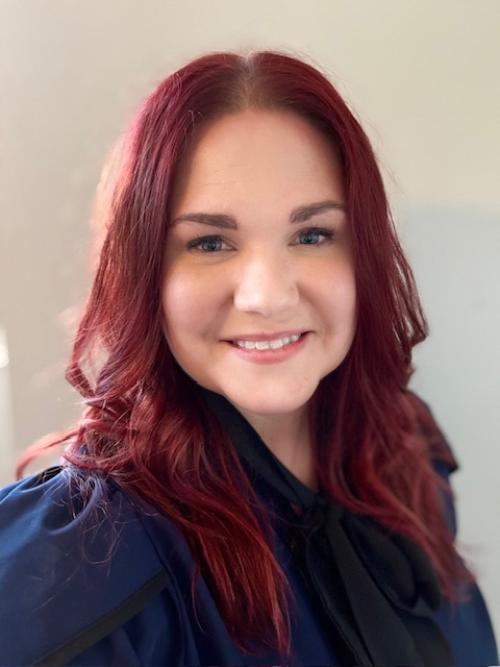
Our mission is to advance academic excellence, innovation, and community engagement in the field of pediatric medicine. We are committed to providing exceptional care, fostering a culture of continuous learning, and empowering future healthcare leaders to make a meaningful impact on the health and well-being of children and families. Through collaboration, research, and compassion, we strive to improve the lives of children and their families, both locally and globally.
Dedication to Academic Excellence:
- Practical incorporation of evidence-based medicine into clinical practice
- Training the next generation of pediatrician-scientists
- Ensuring a focus on life-long learning in various aspects of scholarship and academic advancement
Dedication to Innovation:
- Team-based collaboration focused on high quality medical and social management of children and their families
- Scholarship spanning quality improvement to translational research to clinical trials
Dedication to Community Engagement:
- Relationships with community partners who share our vision
- Transition of care for patients with childhood conditions growing into adulthood
- Building a foundation for healthy children, families and communities

From Our Program Director:
As a program, we are committed to upholding the highest standards of clinical care, academic excellence, and research innovation. Our dedication to the health and well-being of children drives our daily work, and we approach each aspect of our training with a sense of responsibility, compassion, and integrity.
Clinical Care:
We pledge to provide comprehensive, compassionate, and patient-centered care to every child we encounter. Our clinical practice is guided by evidence-based medicine, the principles of patient advocacy, and an unwavering commitment to promoting the health and well-being of children across diverse backgrounds. We recognize the vital role we play in the lives of children and their families, and we strive to create an environment of trust, respect, and excellence in our clinical interactions.
Academics:
We are committed to continual learning and academic growth. As residents, we embrace the challenges of developing a deep and broad knowledge base in pediatrics, understanding that education is a lifelong pursuit. We actively engage with our mentors, colleagues, and patients to cultivate a collaborative learning environment. We strive for academic excellence, incorporating critical thinking, curiosity, and self-reflection into all aspects of our training. Our pursuit of knowledge will empower us to provide exceptional care and to become leaders in the field of pediatrics.
Research:
We are dedicated to advancing pediatric care through research. As residents, we recognize the importance of contributing to the development of new knowledge that will improve the health of future generations. We commit to engaging in research that not only enhances our understanding of pediatric medicine but also translates into meaningful clinical outcomes. We will approach research with curiosity, rigor, and ethical integrity, collaborating with fellow residents, faculty, and healthcare professionals to push the boundaries of pediatric science.
Welcoming & Shared Purpose:
In our residency program, we foster a welcoming and rich environment where each individual is valued and supported. We are united by a shared sense of purpose — to make a meaningful difference in the lives of the children and families in the New Orleans area. Together, we embrace the exceptional characteristics of our team and recognize that our unique perspectives and experiences enrich our learning and clinical care. Through our journey, we will continually support one another in our professional and personal growth, recognizing that our success is built on collaboration, respect, and mutual support.
Through our commitment to clinical care, academic excellence, and research, we will contribute to the future of pediatrics and make a lasting impact on the children and families we serve.
We thank you for your interest in our program, and we readily welcome those who are ready to get to work, caring for our children & families!
~ Meghan Howell, MD
